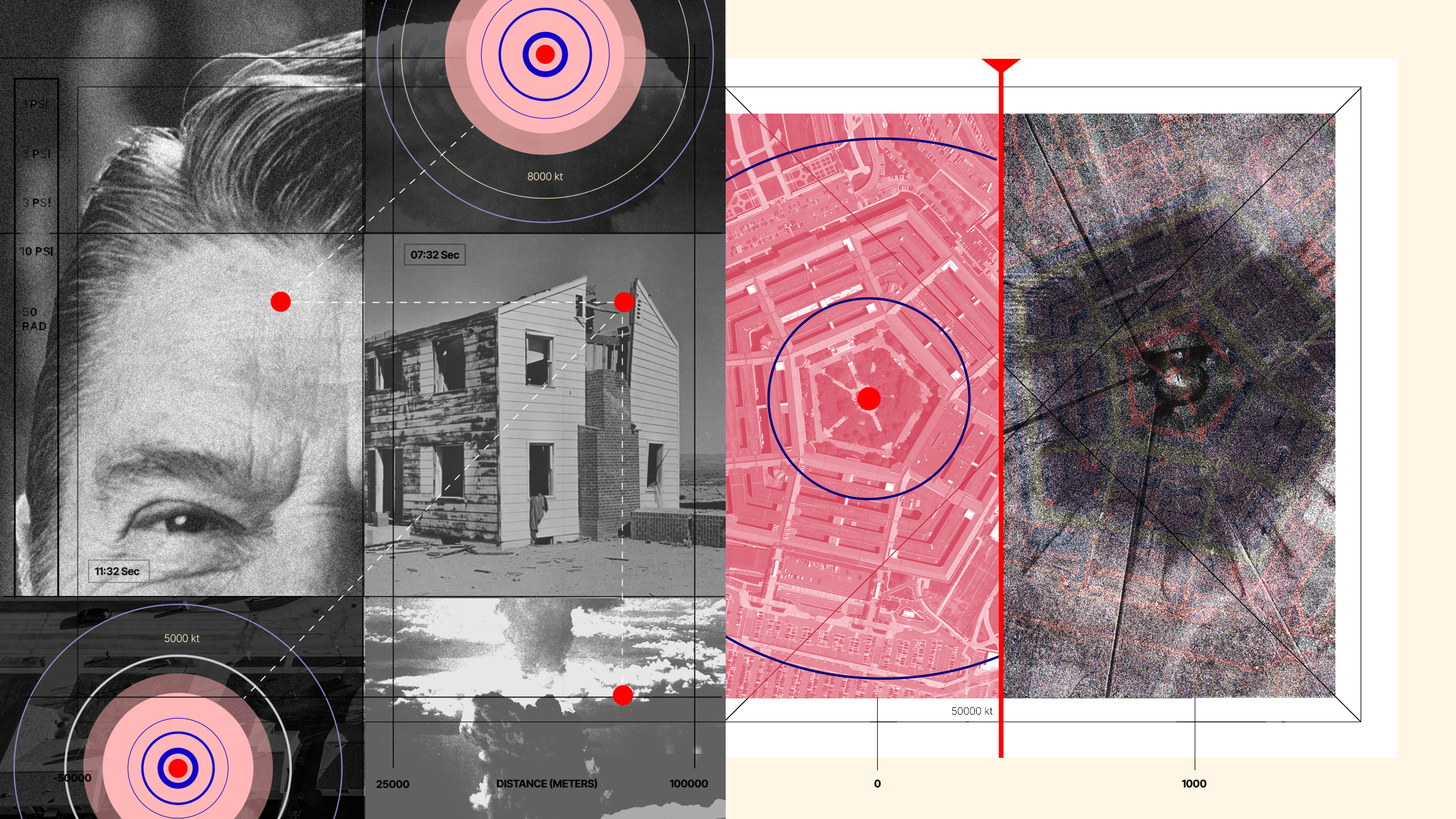Though often indirect, many urban dwellers are guilty of participating in a devastating pattern of displacement that is harming both the lives of low-income families and the fabric of cities themselves. So how does this knowledge affect our everyday psychology?
Question: Is it possible to move into an affordable urban neighborhood without guilt?
Sharon Zukin: on a personal level, a lot of urban dwellers live this contradiction even if they are not personally responsible for displacing a family or a tenant from a single-room occupancy hotel but it’s true that we with our consumers tastes are responsible for knocking out a lot of the old and bringing in a lot of the new. Also with the amount of rent or the amount of money we can pay to buy an apartment, we may be displacing people who don’t have that kind of money so the first step is to be aware of the cultural power that people have. The second step is to force local governments to make policies and make laws to protect people’s right to stay in the apartments or the houses that they have. This is as true of people whose mortgages are being foreclosed, as it is true of tenants whose apartment complexes or tenant or apartment houses have been bought by big investment companies that thought they were going to make a killing on these places and raise the rent but are now foreclosing on their mortgages. There have to be actions by the state, zoning laws, protections, encouragements for small businesses and long-time residents. Don’t forget people who have been in the city for a couple of years are on the way to becoming long-time residents.
Question: Are there any guilt-free ways of gentrifying?
Sharon Zukin: Well we all need a place to live right? So we have to do the best we can given our economic circumstances and our need to be close to where we work. We all need to hunt and gather to provide for ourselves and our families. That means that we all need stores and so it’s inevitable that we shape the built environment around us. There has to be some interaction between people’s needs and urban spaces but what’s really crucial is that we try to even the playing field for the people who can’t pay high rents, the people who don’t get good public services, and the people who can’t escape right because we all live in the city together. I think what city dwellers really appreciate is the diversity of the city and you can’t have diversity if everybody is a college-educated gentrifier.





